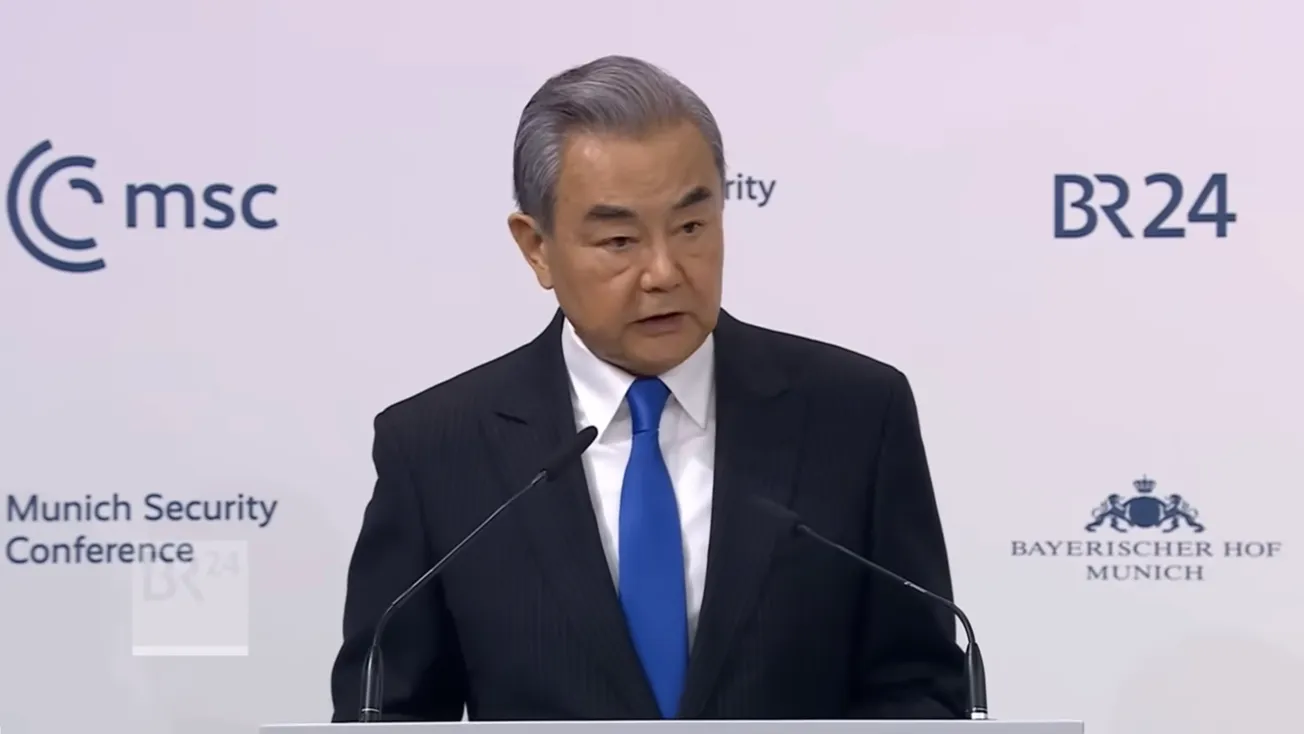The meeting of U.S. Deputy Secretary of State Wendy Sherman and Chinese Vice Foreign Minister Xie Feng in Tianjin on June 25 may well be the beginning of what will no doubt be a rather slow, long “thaw” in U.S.-China relations. Scholars on both sides were relieved that the meeting took place at all, as it indicated that the Biden Administration was not solely interested in “competition” or “rivalry” with China, but also cooperation.
Minister Xie, as the host this time, began the meeting with the list of issues that China has with the United States, saying quite directly that the stalemate in relations is solely due to the policies of the U.S. government indicating a whole-of-society campaign to bring China down. He pointed to the Hong Kong and other sanctions, the “forced labor” lie concerning working conditions in Xinjiang, the demands on yet another investigation of the Wuhan Institute of Virology, and its “playing with fire” in regressing on the issue of Taiwan. He said that America’s posing as approaching the relationship “from a position of strength” is a mistake and demeaning to China. It didn’t work in Anchorage, he said, and it won’t work in Tianjin. Xie reiterated that China is not intent on replacing the United States, relegating the notion to “conspiracy theory.” He gave Sherman a list of 16 items where China felt America should correct its policies, and 10 issues of importance to China, including the harassment of Chinese scholars in the United States.
At the same time, Xie said that the world most needs now to unite, cooperate and help each other as we are all in the same boat. A healthy and stable Sino-U.S. relationship is not only in the interests of both parties, but also the common expectation of the international community.
Sherman, on her part, expressed condolences to the people affected by the floods in Henan. She also, as expected, delivered the usual list of U.S. concerns, doing “privately what had been said publicly” by the United States, as the State Department readout put it. She praised China’s great achievements in economic growth and poverty reduction. She said the United States does not seek to contain China’s development, adheres to the one-China policy and does not support Taiwan independence. She emphasized the United States’ and China’s responsibility, as permanent members of the UN Security Council, for maintaining world peace and security.



